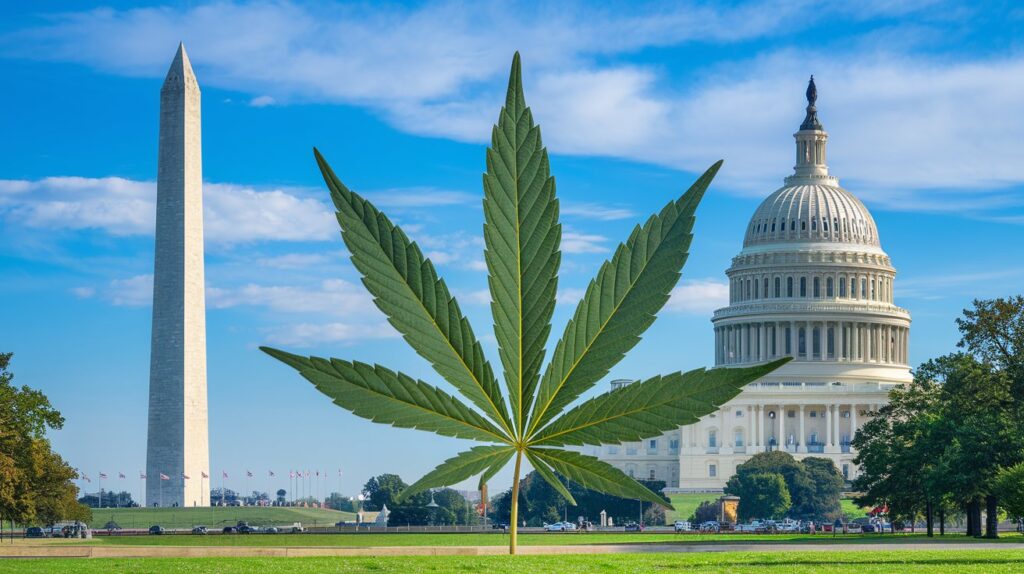How the U.S. Cannabis Rescheduling Could Impact Europe

The U.S. Department of Justice’s potential move to reschedule cannabis from a Schedule I to a Schedule III substance is a significant milestone. However, the ripple effects of this decision won’t just stay within U.S. borders—it could have important implications for Europe’s evolving cannabis market.
Increased Legitimacy for Medical Cannabis
European countries are at varying stages of legalizing medical cannabis, with nations like Germany, the UK, and the Netherlands being some of the more progressive players. If the U.S. reschedules cannabis, it will further legitimize the plant’s medical use globally. The U.S. is a major global influencer, and its decision to ease federal restrictions could push European countries to follow suit by revisiting their own classification systems. This would be especially significant for countries that have been slow to adopt comprehensive medical cannabis frameworks, like France or Spain.
Additionally, more U.S.-based cannabis companies could look to enter or expand within European markets, thanks to the improved legal status of cannabis on the federal level. These firms, many of which already hold EU-GMP (Good Manufacturing Practice) certifications, could enhance their presence in Europe, offering more medical-grade cannabis products to patients.
Expansion of Research Opportunities
Rescheduling cannabis as a Schedule III substance would open the door to more extensive research in the U.S., especially on cannabis’ medical benefits. This research could accelerate the global understanding of cannabis-based therapies, which could benefit European healthcare providers and patients alike. Increased collaboration between U.S. and European researchers would likely drive more scientific studies and create stronger evidence-based frameworks for medicinal cannabis use in Europe.
Economic and Trade Implications
Europe’s cannabis market is growing rapidly, with estimates predicting it could become a multi-billion-dollar industry within the next decade. If the U.S. moves forward with rescheduling, international trade routes for cannabis products could be more easily established between the U.S. and Europe, assuming countries adapt their import-export laws accordingly. The rescheduling could also inspire the European Union to harmonize its cannabis regulations to attract investments from U.S. cannabis companies looking to expand internationally.
Political and Regulatory Pressure
Germany’s recent moves toward legalizing recreational cannabis have already sparked conversations across Europe. Should the U.S. proceed with cannabis rescheduling, it may further encourage European nations to reevaluate their cannabis policies. Countries like Italy and Switzerland, which have debated changes to their cannabis laws, could find renewed momentum in pushing for more lenient cannabis regulations—both for medical and recreational use.
While the U.S. rescheduling won’t directly alter European laws, it’s expected to increase pressure on governments and regulatory bodies within Europe to modernize and standardize cannabis policies.
In summary, if cannabis is rescheduled in the U.S., Europe could see shifts in cannabis research, trade, and policy-making, helping to accelerate the continent’s growing acceptance of both medical and possibly recreational cannabis.






Responses